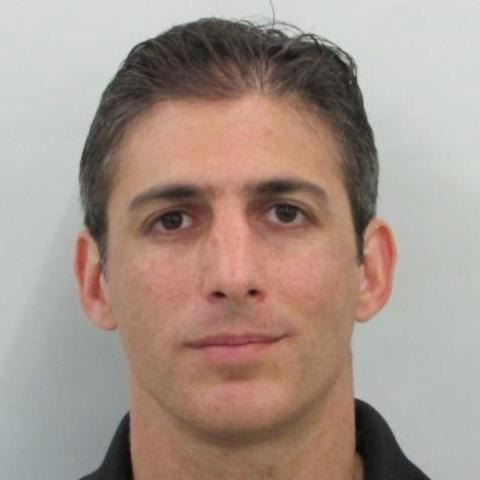About the project
Defects are geometric probes of physical systems with a variety of applications and deep mathematical roots. You’ll contribute to building a bridge between the abstract mathematical description of extended defects, and standard Quantum Field Theory (QFT) constructions like local fields and actions. You'll also learn category theory, supersymmetry, localization, and gauge theory.
Quantum Field Theory (QFT) was introduced soon after quantum mechanics to describe the interactions of relativistic particles. Today, it forms the basis for models of particle physics, condensed matter systems, statistical physics, and even quantum gravity - via holography. QFT is the single most successful model of the natural world currently available to us, but it is still rather mathematically mysterious.
Originally, the focus of QFT was describing point-like particles. However, it has gradually become apparent that defects - higher dimensional embedded geometric objects - are indispensable as QFT probes. Due to the difficulty of doing computations in generic QFTs, much of what we know about defects comes from models with supersymmetry, and techniques like localization. An abstract approach has also been developed using category theory - a mathematical language which serves as a link between the geometric and algebraic worlds - which has been successful at describing simple examples like T(opological)QFT.
In this project you will study gauge theories, QFT models which describe most of the forces in nature. You will learn to exploit higher category theory and TQFT to study and classify defects in non-abelian-, supersymmetric-, and higher- gauge theory.
The project sits at the nexus of cutting-edge mathematics and theoretical physics, an exciting and incredibly active interdisciplinary area of research. You will benefit from interactions with a well-established international research network devoted to studying these topics. We are looking for a highly motivated student, with a strong mathematical background, and an interest in theoretical physics.
